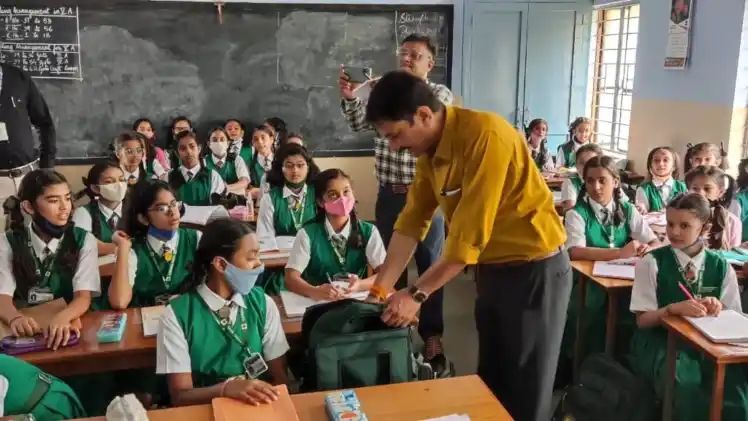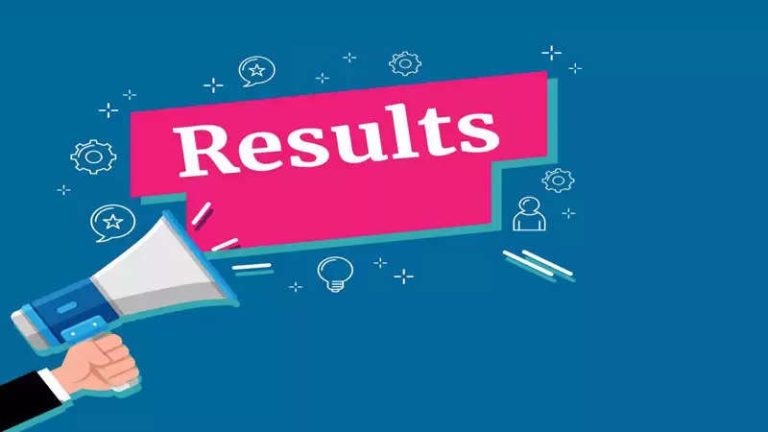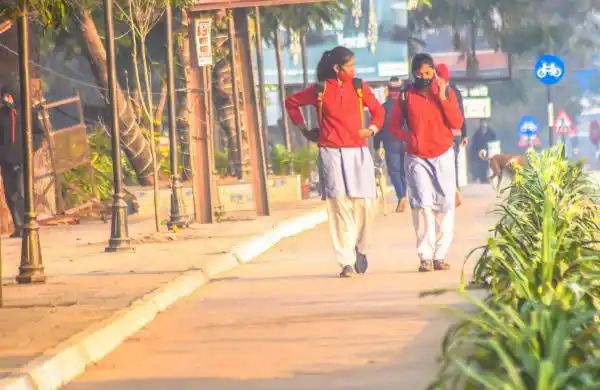7 Indian teams ready for NASA Rover Challenge 2024

Poor parents seeking to admit their children to private self-financed (unaided) schools in the state under the Right to Education (RTE) Act may now be asked to enrol the kids in one of the government-run or aided schools near their home instead.
The state primary education directorate last week directed education officers across the districts to have all types of schools, including those run by district administration and local self-governance bodies, private aided and self-financed, to register for the centralised process of RTE admissions.
Until last year, only the self-financed schools participated in the process, as they are the ones required to reserve 25% of their seats for disadvantaged students under the RTE Act. The parents now applying for admission through this process would be allotted any of these schools, not just unaided ones.
While the government is yet to finalise the criteria for school allocation in the centralised admission process, an official said that the aspirants will preferably be allotted one of the available seats in the government-run or aided schools in their vicinity. Only if there is no government-supported school in the vicinity of the child, or if all the seats at these schools are taken, that the parent would have a shot at enrolling their child in an unaided school of their choice.
Under the RTE Act, 25% of the seats at the entry point – Class 1 or pre-primary section – in private unaided schools should be reserved for children from economically weaker and disadvantaged sections. These students get education free of cost, while the government reimburses their tuition fees to schools. Schools run by religious and linguistic minorities are exempted from this requirement.
The inclusion of government and aided schools in centralised admissions comes a month after the government issued a notification to amend its RTE Rules. Under the new rules, the private unaided schools that are located within one-kilometer radius of government and aided schools have been exempted from having to reserve 25% of their seats for marginalised students.
The decision was welcomed by unaided schools in the state, which have been attacking the government for failing to clear its Rs2,400 crore dues towards fee reimbursement. However, opposition leaders and activists have criticised the decision, claiming that it undermines the RTE Act and will exacerbate educational disparity in the state.
Kishore Darak, an Ahmednagar-based educationist, has termed the directive ‘bizarre’. “If one considers the profile of students in these schools, it is clear that these schools effectively have almost 100% reservation for those coming from disadvantaged groups. Keeping 25% reservation for the same group in these schools is uncalled for. In the state’s bid to deny 25% quota in self-financed or unaided private schools, segregation between the rich and the poor will be perpetuated in our severely stratified schooling system,” he said.
Private-aided schools are also skeptical of the state’s new requirement. “While it’s understandable that the government wants to fill seats in its schools, it needs to take a holistic view of things instead of making rash decisions. The parents seeking admission under RTE Act want to enrol their kids in English medium schools. They don’t want their kids to study in Marathi-medium government and aided schools. In the new process, they will be deprived.
BPSC TRE 3.0 Exam 2024: Important Guidelines for Bihar School Teachers
Also, if private aided schools are made to reserve 25% of their seats for the disadvantaged students, they might end up with vacant seats,” said Girish Samant, Executive president of The Education Society, Goregaon, which runs three schools in the city.
The State Education Director (Primary) Sharad Gosavi, said, “The parents were seeking admissions to far-off unaided schools, even though there are government and aided schools available near their place. These schools are also good. On the other hand, many of the unaided schools in the rural areas exist solely due to reimbursement money that they get from the government,” he said, adding that there’s no violation of RTE Act as the government and private aided schools, in any case, are expected to provide free of cost education to all the students.





